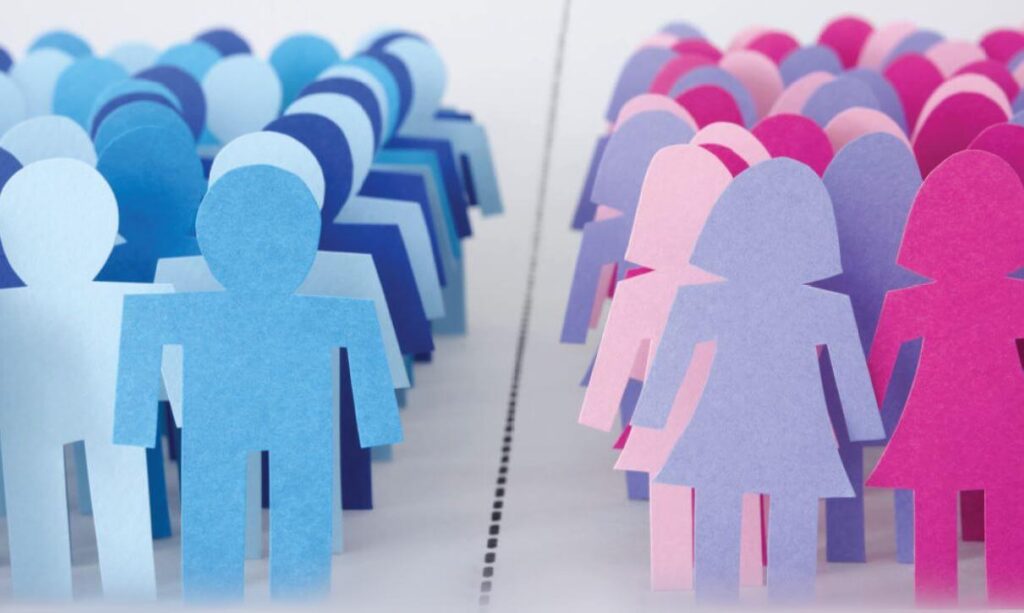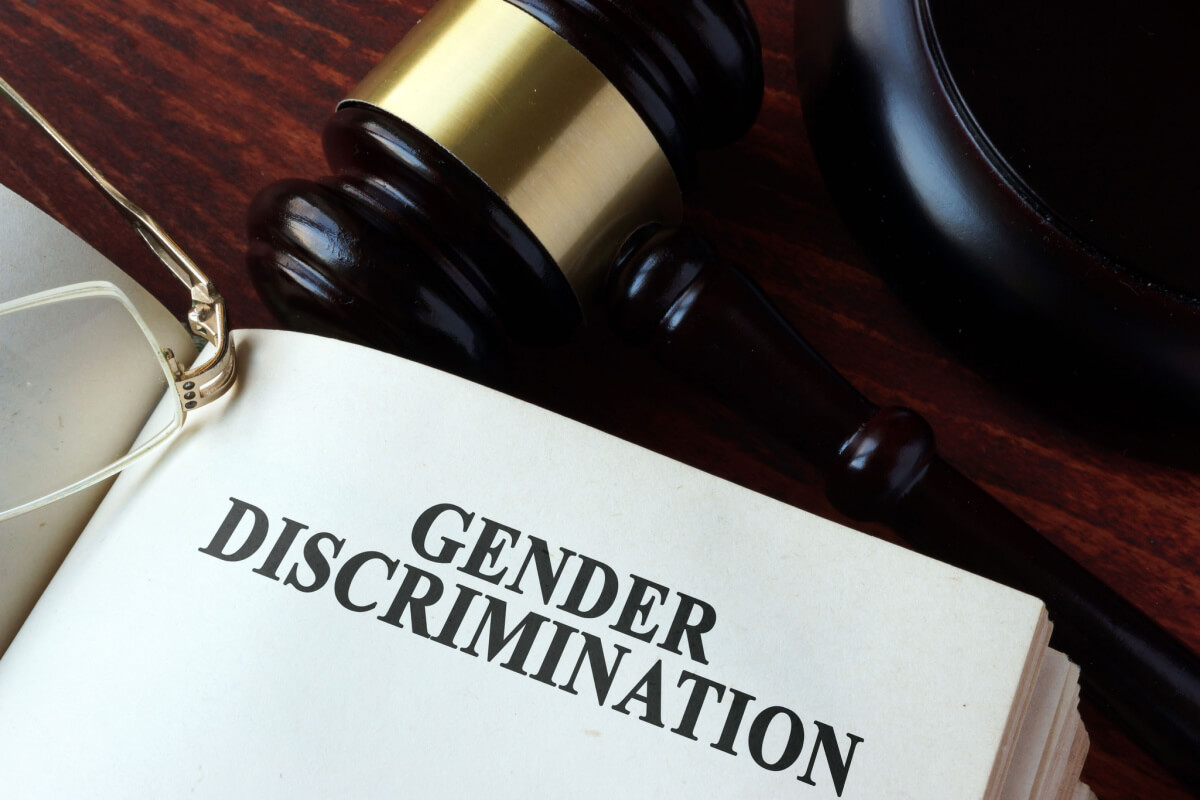Understanding Gender Discrimination Laws in Sydney: Rights, Protections, and Legal Remedies
Gender equality has been a fundamental goal in modern societies, yet discrimination based on gender continues to persist in workplaces, educational institutions, and other areas of life. Sydney, like other parts of Australia, has robust laws to combat this injustice, ensuring that individuals are treated fairly and with respect regardless of their gender. This article explores Gender Discrimination Law Sydney, shedding light on your rights, available protections, and legal remedies to address gender-based injustices.
What Is Gender Discrimination?
Gender discrimination occurs when an individual is treated unfairly or disadvantaged due to their gender, gender identity, or sexual orientation. It can manifest in various forms, such as unequal pay, limited career opportunities, harassment, or biased treatment in recruitment processes.
Under Australian law, discrimination on the grounds of gender is unlawful and is addressed through legislation like the Sex Discrimination Act 1984 and the Fair Work Act 2009. For residents and workers in Sydney, these laws offer comprehensive protections to ensure that everyone is treated with dignity and fairness.
Understanding Gender Discrimination Law in Sydney
The Gender Discrimination Law Sydney provides clear guidelines on what constitutes gender discrimination and outlines the rights of individuals to seek justice. Whether you are facing bias in the workplace, denial of opportunities, or sexual harassment, these laws empower you to take action.
Key areas covered by gender discrimination laws in Sydney include:
- Employment and recruitment practices.
- Access to education and training opportunities.
- Treatment in government and private services.
- Harassment or discriminatory behavior based on gender or gender identity.

Types of Gender Discrimination
To fully understand your rights, it’s essential to identify the different forms of gender discrimination. These include:
1. Direct Discrimination
Direct gender discrimination happens when an individual is explicitly treated less favorably due to their gender. For example, an employer might deny a promotion to a qualified candidate solely because they are a woman or a non-binary individual.
2. Indirect Discrimination
Indirect discrimination occurs when policies or practices that appear neutral disproportionately disadvantage individuals of a particular gender. An example would be implementing workplace policies that inadvertently exclude women with caregiving responsibilities.
3. Harassment
Harassment is another common form of gender discrimination, including unwanted conduct, verbal abuse, or inappropriate remarks related to someone’s gender. Harassment not only creates a hostile environment but is also illegal under Sydney’s anti-discrimination laws.
4. Pregnancy and Parental Discrimination
Discrimination against pregnant individuals or parents is also prohibited. Denying promotions, forcing unpaid leave, or dismissing employees due to pregnancy-related reasons is considered unlawful.

Rights and Protections Under Gender Discrimination Laws
Sydney residents benefit from a range of protections under federal and state laws. These legal provisions aim to ensure equality in all aspects of life:
1. Equal Employment Opportunities
Employers are required to create inclusive workplaces where employees have equal access to opportunities, promotions, and benefits, regardless of gender.
2. Protection Against Harassment
Gender discrimination laws in Sydney prohibit any form of harassment in workplaces, schools, or public spaces. Employers are obligated to take preventive measures to ensure a harassment-free environment.
3. Equal Pay for Equal Work
Australia has strong laws mandating that men and women receive equal pay for the same work. Any disparities in wages based on gender are subject to legal scrutiny.
4. Support for Gender Diverse Individuals
Individuals identifying as transgender, non-binary, or gender-diverse are protected under Sydney’s discrimination laws. Employers and service providers must respect their gender identity and ensure inclusivity.
5. Access to Education
Educational institutions are required to provide equal opportunities to all students and staff, ensuring that gender is not a barrier to participation or success. Click here to get also about top disability advocacy legal services in Australia.
Common Challenges in Fighting Gender Discrimination
Despite the robust framework of laws, individuals often face challenges in identifying and addressing gender discrimination. Here are some of the most common obstacles:
- Lack of Awareness: Many people are unaware of their rights under gender discrimination laws, making them hesitant to report violations.
- Fear of Retaliation: Victims often fear retaliation or further discrimination if they speak up.
- Cultural and Societal Norms: In some cases, cultural attitudes toward gender roles perpetuate discriminatory behaviors.
- Complex Legal Processes: Navigating the legal system can be overwhelming, especially for those unfamiliar with their rights and the remedies available.
How to Address Gender Discrimination in Sydney
If you’ve experienced gender discrimination, it’s essential to take steps to protect your rights and seek justice. Here’s what you can do:
1. Document the Incident
Maintain a detailed record of discriminatory actions, including dates, times, and any witnesses. This documentation will be valuable if you decide to take legal action.
2. Report the Discrimination
Raise the issue with your employer, HR department, or the relevant authority in your workplace or institution. Many organizations have policies in place to handle discrimination complaints.
3. Seek Legal Advice
Contact professionals specializing in Gender Discrimination Law Sydney to better understand your options and rights. Legal experts can provide guidance on filing a formal complaint or pursuing legal remedies.
4. File a Complaint
You can lodge a complaint with the Australian Human Rights Commission (AHRC) or a relevant state-based body, such as the Anti-Discrimination Board of NSW. These organizations investigate complaints and offer dispute resolution services.
5. Consider Legal Action
In cases where other remedies fail, pursuing legal action through the courts may be necessary. A skilled lawyer can represent your interests and help you achieve justice.

Legal Remedies for Gender Discrimination
Sydney’s legal framework provides various remedies for individuals who have experienced gender discrimination. These include:
- Compensation for Damages: Victims may receive compensation for financial and emotional harm caused by discrimination.
- Reinstatement in Employment: Employees who were unfairly dismissed due to gender discrimination may be reinstated.
- Policy Changes: Organizations found guilty of discrimination may be required to amend their policies to prevent future violations.
- Public Apologies: In some cases, entities responsible for discrimination may be compelled to issue public apologies.
Preventing Gender Discrimination in the Workplace
Employers play a critical role in fostering gender-inclusive environments. Here are some best practices:
- Implement Diversity Training: Educate employees about gender equality, unconscious bias, and anti-discrimination policies.
- Develop Clear Policies: Create robust anti-discrimination policies that outline acceptable behavior and consequences for violations.
- Encourage Reporting: Establish safe and confidential channels for employees to report discriminatory behavior.
- Monitor Pay Equity: Regularly assess and address gender pay gaps within the organization.
- Support Work-Life Balance: Offer flexible work arrangements and parental leave policies to support employees with caregiving responsibilities.
Frequently Asked Questions About Gender Discrimination Law Sydney
1. What is the legal definition of gender discrimination?
Gender discrimination refers to unfair treatment or disadvantage based on an individual’s gender, gender identity, or sexual orientation.
2. Can men experience gender discrimination?
Yes, gender discrimination laws protect all genders, including men, from unfair treatment or bias.
3. What should I do if I witness gender discrimination?
If you witness discrimination, support the victim by encouraging them to report the incident and consider reporting it yourself if appropriate.
4. Are there time limits for filing a complaint?
Yes, time limits apply to discrimination complaints. It’s advisable to act promptly and seek legal advice to ensure compliance with deadlines.
5. Can I remain anonymous when filing a complaint?
While some processes allow for anonymity, the effectiveness of the complaint may depend on the disclosure of certain details.
Conclusion
Gender discrimination remains a significant challenge, but Sydney’s legal framework offers robust protections to ensure that individuals can live and work free from bias. Understanding your rights and taking action against discrimination are critical steps toward creating a fair and inclusive society.
If you’re facing gender discrimination or need expert guidance, reach out to professionals specializing in Gender Discrimination Law Sydney. Together, we can work toward a future where equality and respect prevail.


